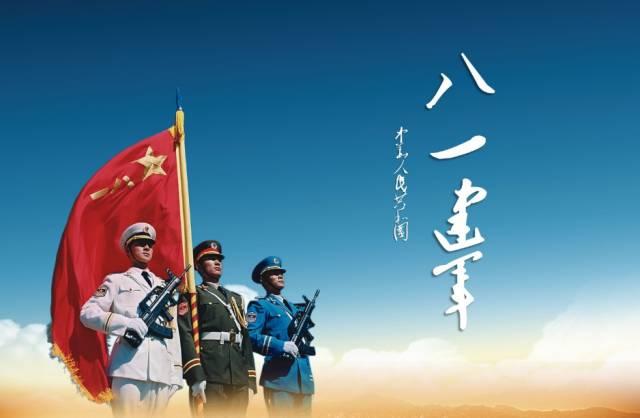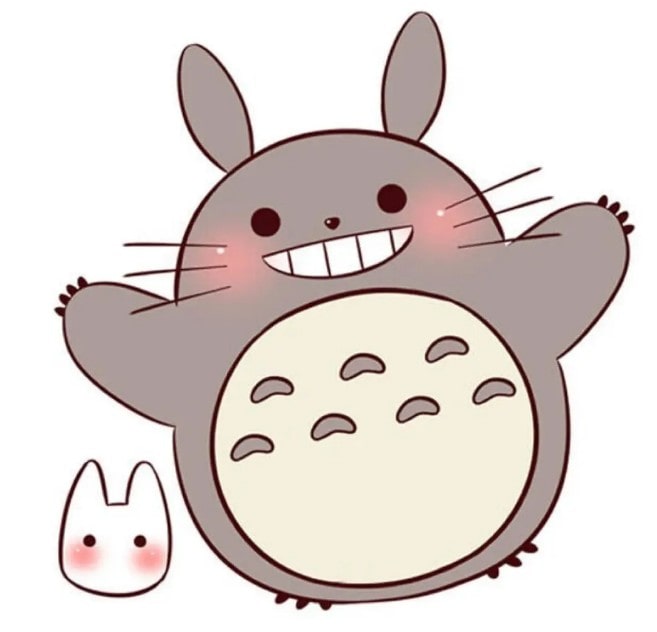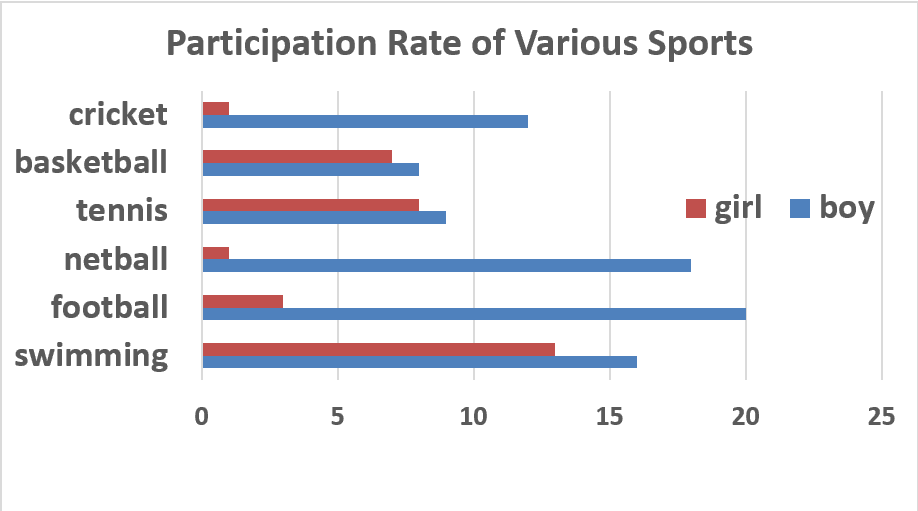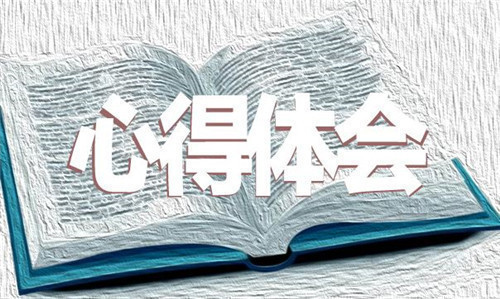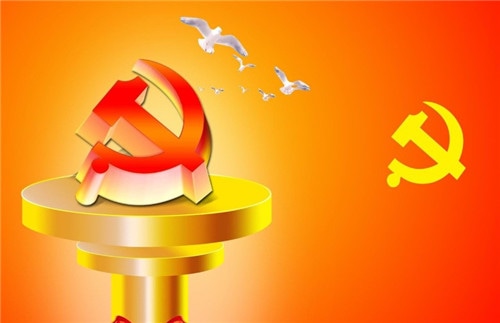为了让大家更好的准备托福考试,小编给大家整理一些托福写作范文,下面小编就和大家分享,来欣赏一下吧。
托福写作范文赏析1
PR A person you know is planning to move to your town or city .What do you think this person would like and dislike about living in your town or city? Why? Use specific reasons and details to develop your essay.
A friend of mine from college is moving to my city, so I have been thinking about what she would and wouldn't like about it, I’d say the quality of life here, as far as fun and activities are concerned, is very good. The quality of life isn't very good, though, in other important ways.
Living in a lager city is exciting, but you pay a price for it. There are lots of interesting things to do, and good restaurants with food from around the world. There are museums, art galleries, and lots of movie theaters. However. the crime rate is high, and people have to be careful about where they go at night. There's a lot of traffic most of the time, and finding a parking space can be a problem. There are also a lot of people living here. Sometimes it feels too crowded.
In a big city like mine, housing is very expensive. If costs a lot even if you're just renting an efficiency apartment. The good side is that there's a lot of choice about where you want to live and how you want to live. You can find apartment of all sizes in different settings. Houses of equal variety are available for sale or rent.
If my friend likes the great outdoors, she might be disappointed. Unfortunately, my city doesn't have a lot of wide open green spaces, and there aren't a lot of trees on the streets. We're not near the ocean, and the mountains are a day's drive from here. Still, we do have some natural areas. For example, we have a beautiful big park. It even has a lake in the middle that's used for ice skating in the winter. There’s a different kind of beauty in the city.
Thinking about it, I suppose whether my friend likes my city will depend on whether or not she likes exciting places. I hope she likes a lot of variety as far as housing and activities are concerned. If she does, then this is the place for her.
托福写作范文赏析2
Televisions
Television-----the most pervasive and persuasive of modern technologies, marked by rapid change and growth-is moving into a new era, an era of extraordinary sophistication and versatility, which promises to reshape our lives and our world. It is an electronic revolution of sorts, made possible by the marriage of television and computer technologies.
The word "television", derived from its Greek (tele: distant) and Latin (visio: sight) roots, can literally be interpreted as sight from a distance. Very simply put, it works in this way: through a sophisticated system of electronics, television provides the capability of converting an image (focused on a special photoconductive plate within a camera) into electronic impulses, which can be sent through a wire or cable. These impulses, when fed into a receiver (television set), can then be electronically reconstituted into that same image.
Television is more than just an electronic system, however. It is a means of expression, as well as a vehicle for communication, and as such becomes a powerful tool for reaching other human beings.
The field of television can be divided into two categories determined by its means of transmission. First, there is broadcast television, which reaches the masses through broad-based airwave transmission of television signals. Second, there is nonbroadcast television, which provides for the needs of individuals or specific interest groups through controlled transmission techniques.
Traditionally, television has been a medium of the masses. We are most familiar with broadcast television because it has been with us for about thirty-seven years in a form similar to what exists today. During those years, it has been controlled, for the most part, by the broadcast networks, ABC, NBC, and CBS, who have been the major purveyors of news, information, and entertainment. These giants of broadcasting have actually shaped not only television but our perception of it as well. We have come to look upon the picture tube as a source of entertainment, placing our role in this dynamic medium as the passive viewer.
托福写作范文赏析3
The Beginning of Drama
There are many theories about the beginning of drama in ancient Greece. The on most widely accepted today is based on the assumption that drama evolved from ritual. The argument for this view goes as follows. In the beginning, human beings viewed the natural forces of the world-even the seasonal changes-as unpredictable, and they sought through various means to control these unknown and feared powers. Those measures which appeared to bring the desired results were then retained and repeated until they hardened into fixed rituals. Eventually stories arose which explained or veiled the mysteries of the rites. As time passed some rituals were abandoned, but the stories, later called myths, persisted and provided material for art and drama.
Those who believe that drama evolved out of ritual also argue that those rites contained the seed of theater because music, dance, masks, and costumes were almost always used, furthermore, a suitable site had to be provided for performances and when the entire community did not participate, a clear division was usually made between the "acting area" and the "auditorium." In addition, there were performers, and, since considerable importance was attached to avoiding mistakes in the enactment of rites, religious leaders usually assumed that task. Wearing masks and costumes, they often impersonated other people, animals, or supernatural beings, and mimed the desired effect-success in hunt or battle, the coming rain, the revival of the Sun-as an actor might. Eventually such dramatic representations were separated from religious activities.
Another theory traces the theater’s origin from the human interest in storytelling. According to this vies tales (about the hunt, war, or other feats) are gradually elaborated, at first through the use of impersonation, action, and dialogue by a narrator and then through the assumption of each of the roles by a different person. A closely related theory traces theater to those dances that are primarily rhythmical and gymnastic or that are imitations of animal movements and sounds.
托福写作范文赏析4
The Definition of “Price”
Prices determine how resources are to be used. They are also the means by which products and services that are in limited supply are rationed among buyers. The price system of the United States is a complex network composed of the prices of all the products bought and sold in the economy as well as those of a myriad of services, including labor, professional, transportation, and public-utility services. The interrelationships of all these prices make up the “system” of prices. The price of any particular product or service is linked to a broad, complicated system of prices in which everything seems to depend more or less upon everything else.
If one were to ask a group of randomly selected individuals to define “price”, many would reply that price is an amount of money paid by the buyer to the seller of a product or service or, in other words that price is the money values of a product or service as agreed upon in a market transaction. This definition is, of course, valid as far as it goes. For a complete understanding of a price in any particular transaction, much more than the amount of money involved must be known. Both the buyer and the seller should be familiar with not only the money amount, but with the amount and quality of the product or service to be exchanged, the time and place at which the exchange will take place and payment will be made, the form of money to be used, the credit terms and discounts that apply to the transaction, guarantees on the product or service, delivery terms, return privileges, and other factors. In other words, both buyer and seller should be fully aware of all the factors that comprise the total “package” being exchanged for the asked-for amount of money in order that they may evaluate a given price.
托福写作范文赏析5
Schooling and Education
It is commonly believed in United States that school is where people go to get an education. Nevertheless, it has been said that today children interrupt their education to go to school. The distinction between schooling and education implied by this remark is important.
Education is much more open-ended and all-inclusive than schooling. Education knows no bounds. It can take place anywhere, whether in the shower or in the job, whether in a kitchen or on a tractor. It includes both the formal learning that takes place in schools and the whole universe of informal learning. The agents of education can range from a revered grandparent to the people debating politics on the radio, from a child to a distinguished scientist. Whereas schooling has a certain predictability, education quite often produces surprises. A chance conversation with a stranger may lead a person to discover how little is known of other religions. People are engaged in education from infancy on. Education, then, is a very broad, inclusive term. It is a lifelong process, a process that starts long before the start of school, and one that should be an integral part of one’s entire life.
Schooling, on the other hand, is a specific, formalized process, whose general pattern varies little from one setting to the next. Throughout a country, children arrive at school at approximately the same time, take assigned seats, are taught by an adult, use similar textbooks, do homework, take exams, and so on. The slices of reality that are to be learned, whether they are the alphabet or an understanding of the working of government, have usually been limited by the boundaries of the subject being taught. For example, high school students know that there not likely to find out in their classes the truth about political problems in their communities or what the newest filmmakers are experimenting with. There are definite conditions surrounding the formalized process of schooling.
2020托福写作范文赏析精选篇
上一篇:2020托福写作范文赏析精选2篇
下一篇:返回列表

